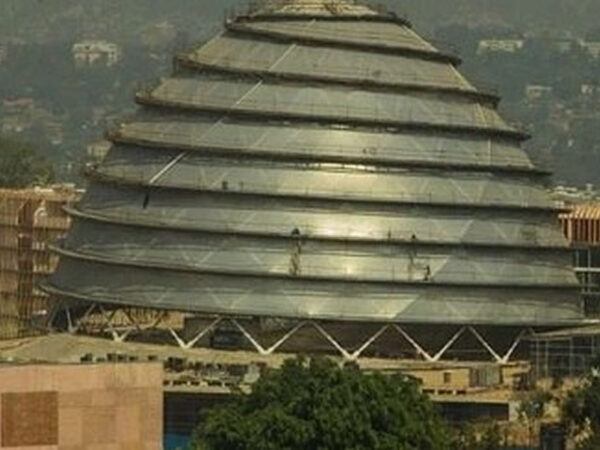Chess in Rwanda: Why is it on the rise?
Chess, a two-player strategy board game played by millions of people worldwide, is taking root in Rwanda at a pace, perhaps, unseen before the past three years.
A burgeoning thrust especially in the past few years is picking up momentum with local kids, especially loving the game more.
December 2015, Rwanda moved up seven places to 155th in the latest global country rank published by the World Chess Federation (FIDE). A country is ranked according to performances, or average rating, of its top 10 active rated players.
Rwanda’s most recent advance came just weeks after the country, last month, hosted its second ever rated tournament in which five more Rwandans acquired the coveted FIDE rating.
The country now has 20 rated players. It is looking to boost these numbers after hosting its third rated tournament. Rwanda Open – a seven-round event which will begin on January, 29, with one round at Classic Hotel in Kigali.
The first two rated tournaments were held in Rwanda last year. However, they were not as big as the upcoming competition which is sponsored by Kasparov Chess Foundation Africa (KCFA), a non-profit organization founded by 13th World Chess Champion, Russian Grand Master (GM) Garry Kasparov, and has players from countries including Burundi, DR Congo and Kenya, set to vie for the honors.
“This is our third rated tournament, and we are happy to be able to organize such tournaments as they not only benefit individual players but also help the country to progress on the world ranking. We plan to continue in that direction,” Kevin Ganza, Vice President the Rwanda Chess Federation (FERWADE), said in interview.
“This year’s open is special as it will bring together players from four countries from the region DRC, Burundi, Kenya and local players (Rwanda). If all goes well, our global ranking could as well improve, slightly, if all our 20 rated players get active.”
According to Ganza, “expectations are high” ahead of the four-day affair.
Unrated players will be looking to get the coveted FIDE rating. To join the cream, debutants must snatch any draw or win in five matches against rated opponents in a rated tournament. It is always a tough feat.
Ganza also said Rwanda Open will also be a fine opportunity for Rwandans to test their capability against tougher opponents, eight months before games in the next Chess Olympiad, a biennial chess tournament in which teams from all over the world compete, start.
Come September, the 42nd Chess Olympiad will be held in Baku, the capital and commercial hub of Azerbaijan.
Rwanda is looking to field two men and women teams, of five players each, during the games organized by FIDE in the touristic low-lying city with coastline along the Caspian Sea, famed for its medieval walled old city, containing the Palace of the Shirvanshahs, a vast royal complex, and the iconic stone Maiden Tower.
The road to Baku, however, is not smooth as youngsters including Sandrine Uwase, 13, and Joselyne Uwase, 12, have recently made it clear that they will be a threat to senior lady players when Olympiad pre-qualifiers start in March.
Rwanda rising
Meanwhile, Kenya’s most dominant player in 2015 and winner of Rwanda’s first-ever rated tournament, held last February, CM (Candidate Master) Ben Magana, is among those traveling to play in the upcoming competition.
Magana told this website that: “Chess in Rwanda is on the rise, thanks to the fantastic partnership between FERWADE and KCF-A. Rwanda has an exciting mix of veterans and young players and it is one of the emerging chess nations in this part of Africa, together with Tanzania.”
“The future of chess always lies with the youth and, as such, emphasis must be put in teaching Chess to the kids. Rwanda’s chess federation has introduced the important mini-chess programme in primary schools where young brains are exposed to the game,” Magana said.
“In just a matter of a few years, these boys and girls will be a force to reckon with. This is the beauty of chess: young children anywhere in the world exposed to Chess have no option but to get better, and start beating the seniors at the game! Rwanda will be a force to reckon with in a decade if these basics are taken care of.”
Last February 2015, FERWADE with the help of KCF-A rolled out its coveted Mini-Chess programme in a pilot phase now on track in five pilot primary schools – GS Ste Famille, GS Akumunigo, both in Nyarugenge District; GS Kimisange and GS Masaka I, in Kicukiro District; and EP Mayange B, in Bugesera District.
The MiniChess Programme, developed in South Africa in 2010 as part of the school curriculum, has had greater success in schools in South Africa.
It is essentially not only about teaching chess, but an educational programme – an ingenious and efficient way of teaching mathematics using chess materials.

